The pace of life seems to have accelerated over the past decade. Today, the constant stream of emails, never-ending social media updates, and blurring of the lines between work and home life are increasingly stressful on your body and brain.
In fact, our increasingly hectic schedules have paralleled a similarly alarming increase in the rates of anxiety in the general population over that time. It’s becoming more and more common for people to experience anxiety in the workplace; a recent study found that up to 40% of workers today have reported high levels of anxiety in their jobs. (1) Today’s constant connectivity is terrific for driving productivity and innovation, but if you’re not mindful, it can start to negatively impact your health.
Anxiety disorders affect about 1 out of 5 adults in America, and 40% of people take some sort of mood altering medication from their doctor. The World Health Organization (WHO) predicts that by the year 2050, one-third of the global population will suffer from either anxiety or depression. (2) Let’s take a look at some typical signs of anxiety, after which we can look at some simple strategies to help curb these symptoms.
Want to train your brain to be happier and healthier?
Click here to receive our FREE 7-Day Meditation Challenge!
Anxiety Symptoms

- Inability to focus
- Inability to concentrate
- Feelings of uneasiness
- Quick breathing
- Increase heart rate
- Dry mouth
- Cold or sweaty hands or feet
As your symptoms become more pronounced or if your anxiety is more longstanding, you may experience some of the following symptoms:
- Insomnia (trouble falling or staying asleep)
- Excessive fear or worry
- Obsessive thinking
- Rapid heart rate
- Heart palpitations
- Numbness or tingling in hands and feet
- Avoidance of work or social situations
You can see from this list that symptoms of anxiety can be very general; it’s therefore easy for doctors to miss and many people may experience a few of these symptoms at some point in their lives. If you notice these symptoms increasing in frequency or severity, then it’s time to think about actively incorporating strategies to address the root cause.
What Causes Anxiety?
There are number of things that can contribute to symptoms of anxiety, and one of the most common might be part of your regular morning routine. That’s right, caffeine is listed in the DSM-5 (the medical bible for mental health diagnoses used by the American Psychiatry Association) as a direct cause of anxiety, yet for many anxiety sufferers it continues to be part of their morning routine. (3)
Food can also predispose you to bouts of anxiety. If you struggle with poor blood sugar control, when your levels bottom out you’ll be at a much greater risk of symptoms of anxiety. (4) The natural reaction when blood sugars are low is to look for a sugary snack, which shoots blood sugars way up and leaves you prone to constant “highs and lows”. [tweet_quote] Unstable blood sugar levels, caffeine and stress all contribute to anxiety.[/tweet_quote]
Stress is another major cause of anxiety. Stress comes in many different forms: work, school, relationships, finances, alcohol and drugs, and even too much exposure to WIFI and mobile devices. Reducing exposure to stressors under your control (caffeine, alcohol, recreational drugs, etc.) is the first place to start, thereby enabling you to improve your response to the stressors which are not in your control (i.e., your workload in school or at the office).
Your reaction to the stressors is the only thing you can truly control, and it plays a massive role in how well you cope with stress. If you struggle with anxiety, your sympathetic nervous system is likely too ramped up in “fight or flight” mode (in which your brain and body think you’re running away from a tiger or lion), when in reality it’s simply too many emails or work deadlines to meet. If you constantly react very strongly to stressors, you effectively program your nervous system to always “hyper-respond” to stress, which will lead to symptoms of anxiety.
The good news is you can reprogram your stress response and build better resilience, or capacity, to cope with stress. Reprogramming your nervous system with some gentle exercises or lifestyle “hacks” will help to reboot your overactive “fight or flight” nervous system.
11 Natural Remedies to Calm Anxiety
1. Remove (or Reduce) Caffeine
If you struggle with regular or severe bouts of anxiety, it’s time to kick coffee to the curb. Caffeine triggers the release of the stress hormone adrenaline, which can be beneficial for some, but disastrous in others if the caffeine dose is too much. Moreover, if you’re genetically a “slow metabolizer” of caffeine, it will remain in your bloodstream for longer periods, which can worsen anxiety symptoms or inhibit deep sleep.
2. Lift Weights
Numerous studies have shown the clear benefit of resistance training for improving cognition, mood and anxiety. (5) If you’re sedentary, you can start by performing bodyweight exercises at home, join a local gym or CrossFit box, or try a new class in your area.
3. Go for a Run
If lifting weight isn’t your thing, get moving and add more cardio to your daily routine. Experts at the Anxiety and Depression Association of America have found that regular aerobic exercise can decrease overall levels of tension, balance mood, improve sleep, and increase self-esteem. (6)
4. Turn Up the Music
When life gets busy, social outings and even listening to music often go by the wayside. Attending a live music concert, or even listening to relaxing music at home, have been shown to reduce anxiety levels. (7) Turn off your TV and turn up your stereo to help decompress.
5. Get a Massage
Physical touch is an important and calming influence on the brain, yet when we get busy we often distance ourselves from friends and loved ones. Something as simple as going for a massage and receiving some therapeutic touch has been shown to be effective for decreasing an overactive sympathetic nervous system. (8)
6. Do Yoga
If you can’t carve out time for a massage, relax your nervous system at home with some gentle stretching or yoga. Performing some basic poses for 10-15 minutes is a great way to turn off your “thinking” brain so your body can begin to relax, possibly helping to relieve symptoms of anxiety in some people. (9)
7. Try Acupuncture
Traditional Chinese Medicine (TCM) has used acupuncture for millennia for treating anxiety and research, and there is support for its use as an effective anxiety aid. (10) Acupuncture helps to relax tight muscles, dampen a hyperactive nervous system, and provide an environment to disconnect from your work and life stressors.
8. Talk It Out
Cognitive behavioral therapy (CBT) is a proven scientific talk therapy approach that uses problem solving techniques to reprogram your reaction to stressors. (11) CBT is a great technique for getting to the root cause of your anxiety.
9. Take a Nature Walk
If you live a city, constant exposure to concrete, noise and pollution takes its toll on your body and mind. A recent study found that rediscovering nature and going for a walk outdoors is naturally calming to the nervous system and can improve symptoms of anxiety. (12) Find a local park or take a trip to the countryside near you.
10. Deep Breathing
Your breath is the connection between your body and mind. When life gets busy, you likely breathe up in your chest, and this “pump handle” type breathing is a sympathetic nervous system stimulator. Carving out 5-10 minutes to take deep, belly breaths (using your diaphragm) activates the vagus nerve in your brain to tell your body “ahh, relax”. (13) It’s a wonderful tonic for mild or severe anxiety.
11. Sing
There are many other ways to help calm your overactive sympathetic nervous system, and singing is at the top of the list. A recent study in choir members found a positive impact on psychological indicators of mood and anxiety. (14) Try singing in the shower, in your car, or during your outdoor walks!
Our environment today is a major driver of symptoms of anxiety like restlessness, poor focus, insomnia and general feelings of uneasiness. Help offset the stimulatory effects of today’s fast paced world on your nervous system by adding some of these simple strategies to your routine. Your health, productivity and happiness will all be rewarded.
(Read This Next: How to Reduce Stress with Mindfulness Meditation)



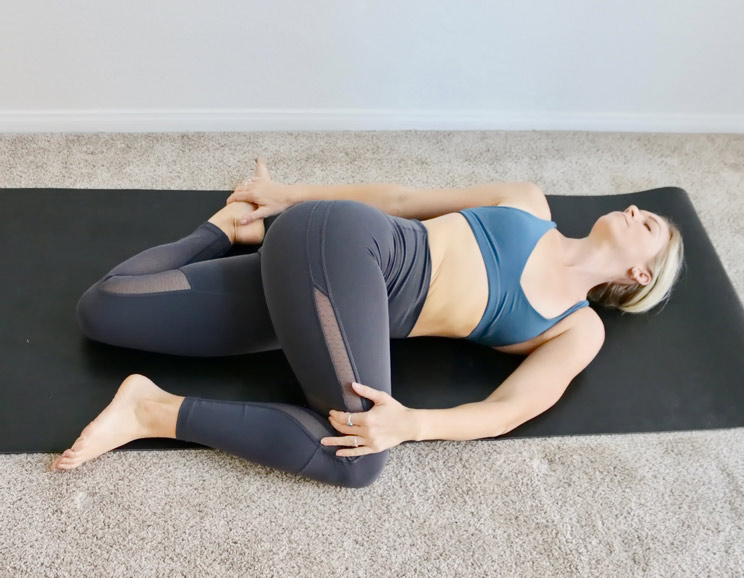
 4-Ingredient Strawberry Coconut Popsicles
4-Ingredient Strawberry Coconut Popsicles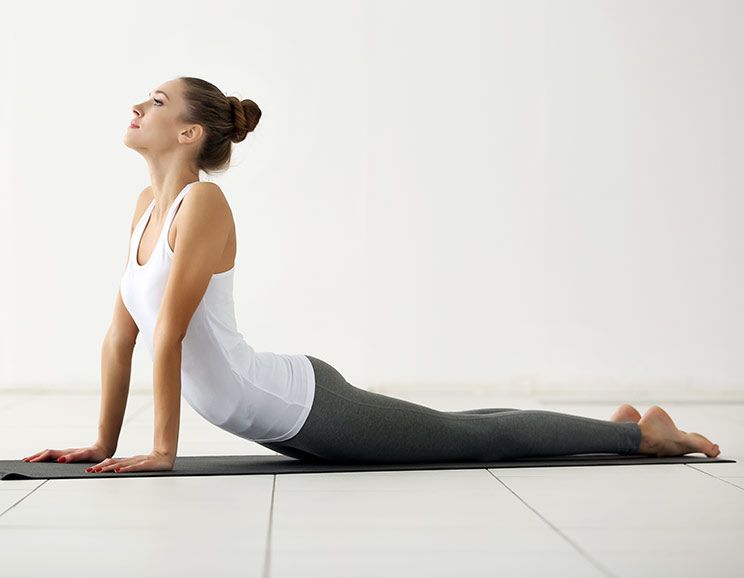
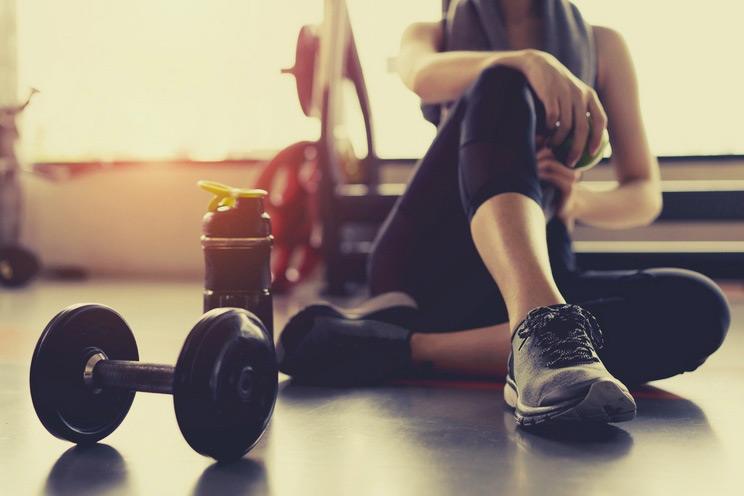
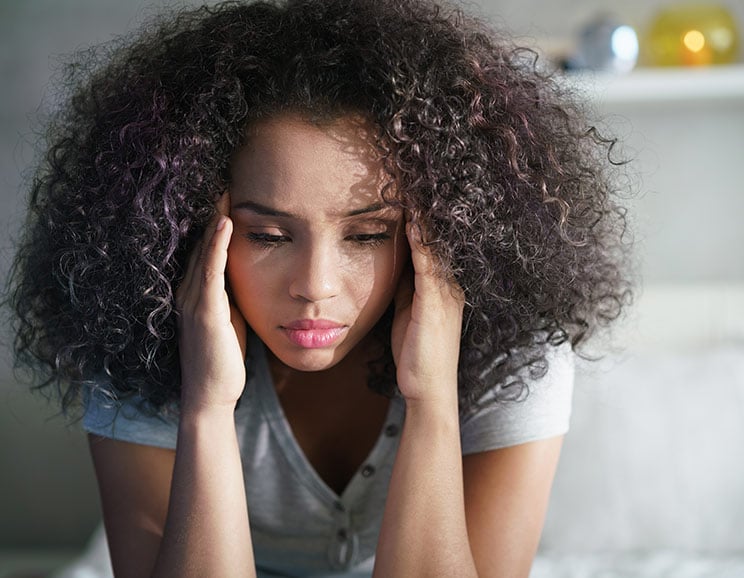
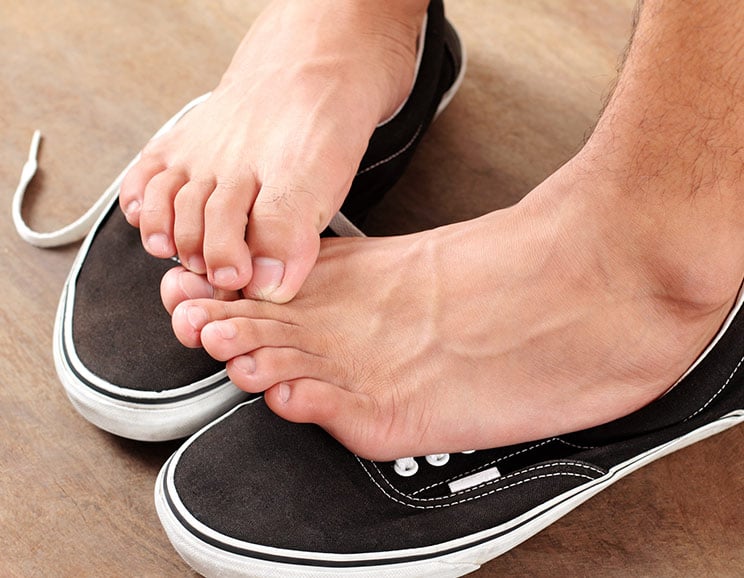


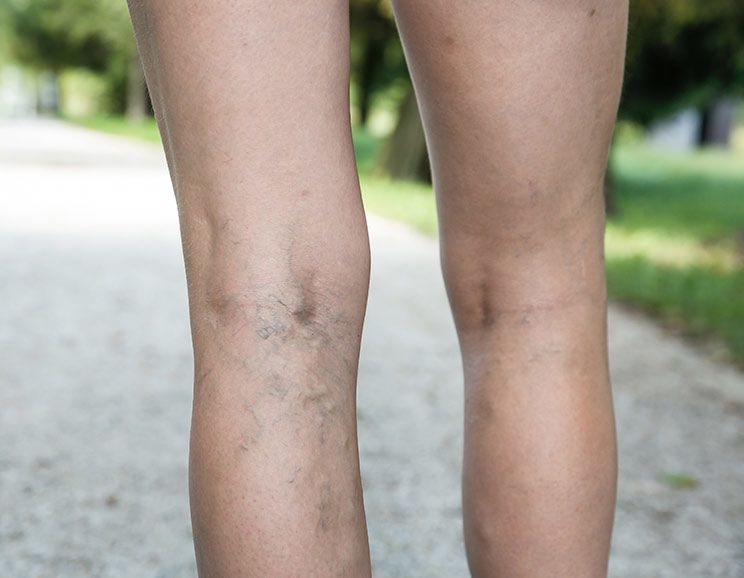


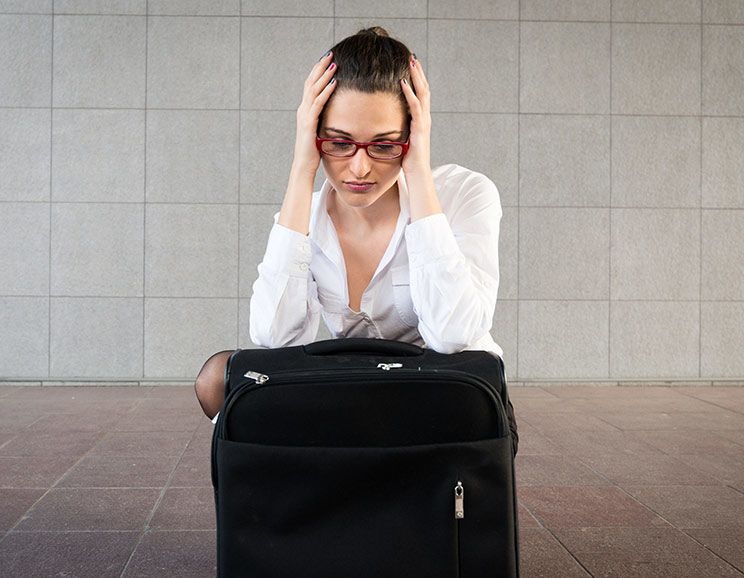
Show Comments